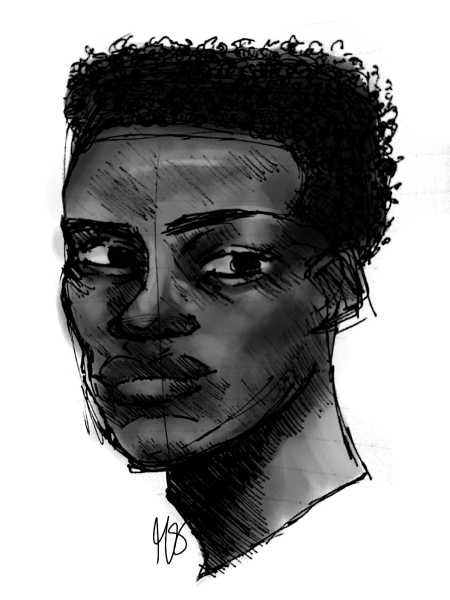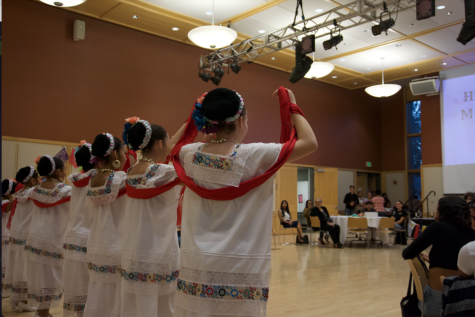Black History Month at Whitman kicks off with presentation on code-switching
February 9, 2023
Since 1969, the U.S. has celebrated Black History Month every February. The month is a time to remember key people and events in Black history. The annual celebration was first started by Black students at Kent State University and has been expanding ever since.
On Feb. 2, to celebrate the start of Black History Month, Whitman hosted Guest Speaker George Paasewe. Paasewe is an educator, entrepreneur, author and public speake currently working as a Professor of Sociology and Career Development at Bryant & Stratton College in Wauwatosa, Wisconsin.
The presentation, held in Reid Ballroom, centered around Paasewe’s best-selling book “How Black College Students Learn Code-Switching.”
“We are here to facilitate the round table discussion with faculty and staff and discuss the [presumptions] and average effects [as well as] how to utilize the information for the best support for the staff and students of color. I also facilitated the lecture/ presentation,” Paasewe said.
Director of the Intercultural Center and event organizer Tebraie Banda-Johns shared his views on Black History Month and Paasewe’s presentation.
“Black History Month is a time where we get to celebrate Blackness and Black Excellence,” Banda-Johns said. “This event for Black History Month was centered around code-switching, which is a tool that people of color use to fit into the dominant culture where they may feel unsafe or unwelcome. This was a way for our campus community to learn more about how Black college students code-switch and just people in general thinking of ways to make a more inclusive environment for people to live in their authentic self.”
Code-switching for Banda-Johns is both negative and positive. He believes that there are some benefits to code-switching, as Paasewe explained.
“One of the benefits of code-switching is to advance one’s social position in whatever institution that you are at; the negative side of code-switching could be that you are also diminishing your culture, your language or how you present yourself,” Banda-Johns said. “George [Paasewe] presented the information in a way that we can understand how to navigate code-switching where it’s a benefit and not so much as a hindrance for people.”
Banda-Johns hopes that people took a lot away from the event, including the necessity of creating an inclusive environment at Whitman so that students, staff and faculty of color and of other marginalized groups can live authentically without having to suppress who they are for the benefit of the majority culture.
Senior Joy Nampaso is a BBMB major from Kenya who attended the presentation.
“[The presentation] was an amazing session. It’s really good to be educated and learn about different cultures and to be able to learn how to make everyone feel accepted and to feel like other people care about their different experiences,” Nampaso said.
As a student from Kenya, Nampaso shares that to be able to communicate with other people effectively she needs to code-switch. She sees it as a tool she can use to her advantage, as it has made making connections and networking a lot easier.
“I would encourage everyone to learn about the roots of ‘code-switching’ and how it has negative impacts, especially [on] marginalized communities. [Then we can] see how we can address that,” Nampaso said.
More information and updates on Whitman’s Black History Month events can be found on the Whitman Events Calendar.






